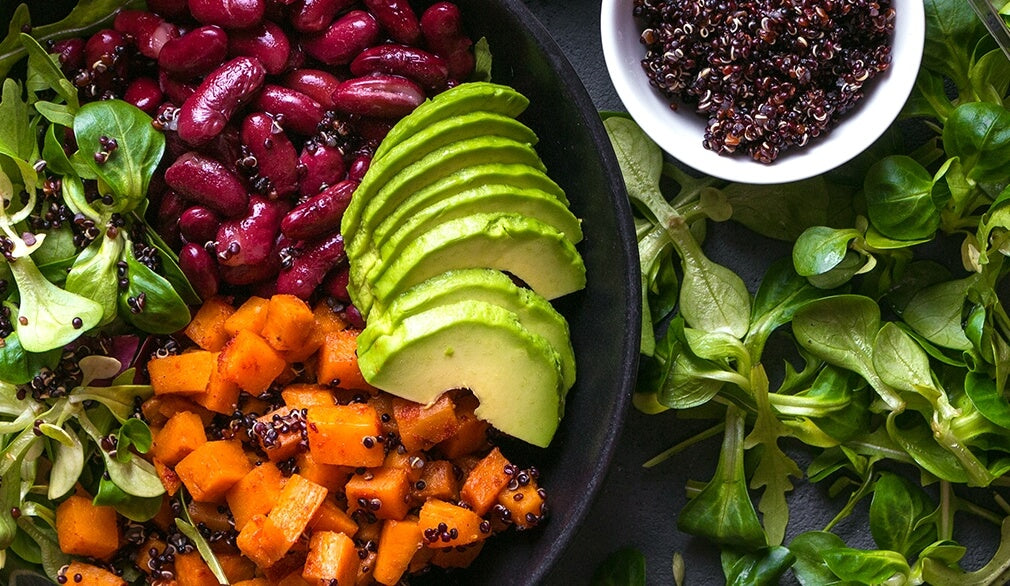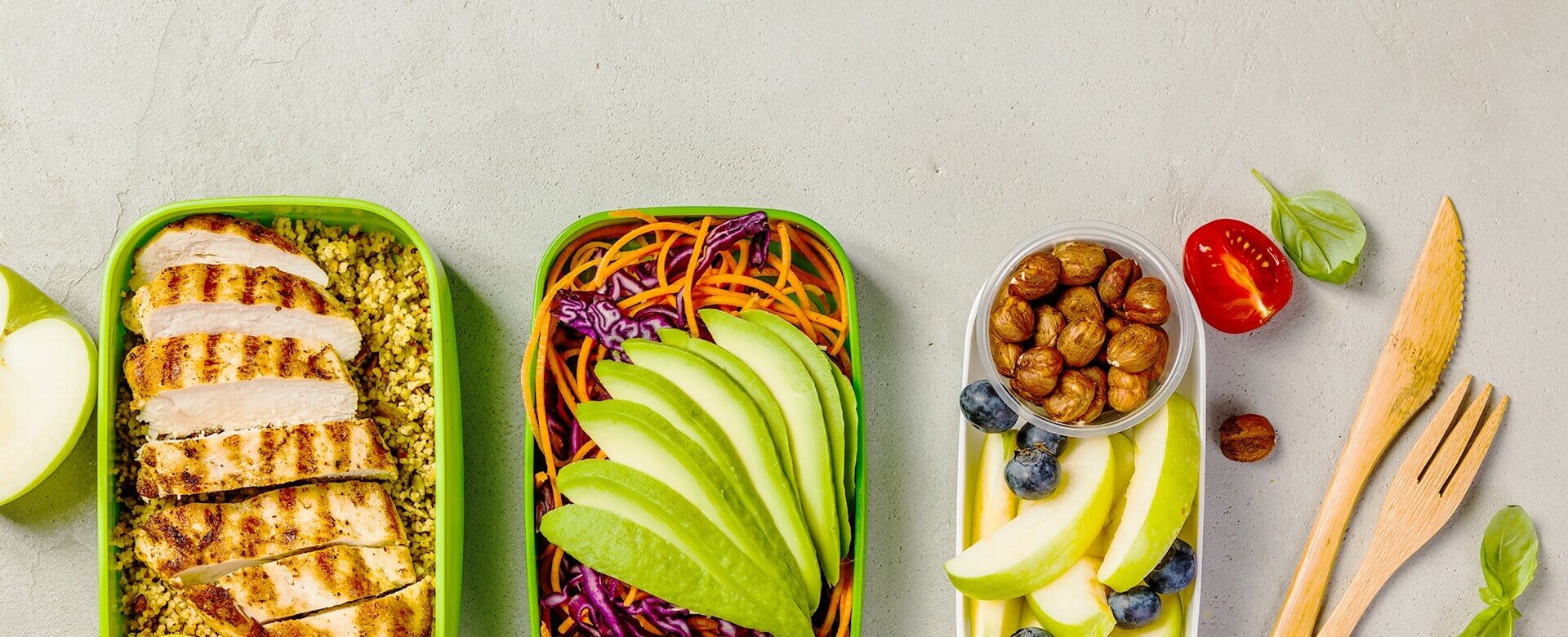General benefits
Traditional diet
Traditional diets are a delicious road map to healthy eating.
Rather than relying on highly processed foods that are stripped of their nutrients, flavor, and even calories, traditional diets celebrate the abundance of earth’s offerings, highlighting seasonal and regional produce, hearty recipes, and the pleasures of the table.
Read More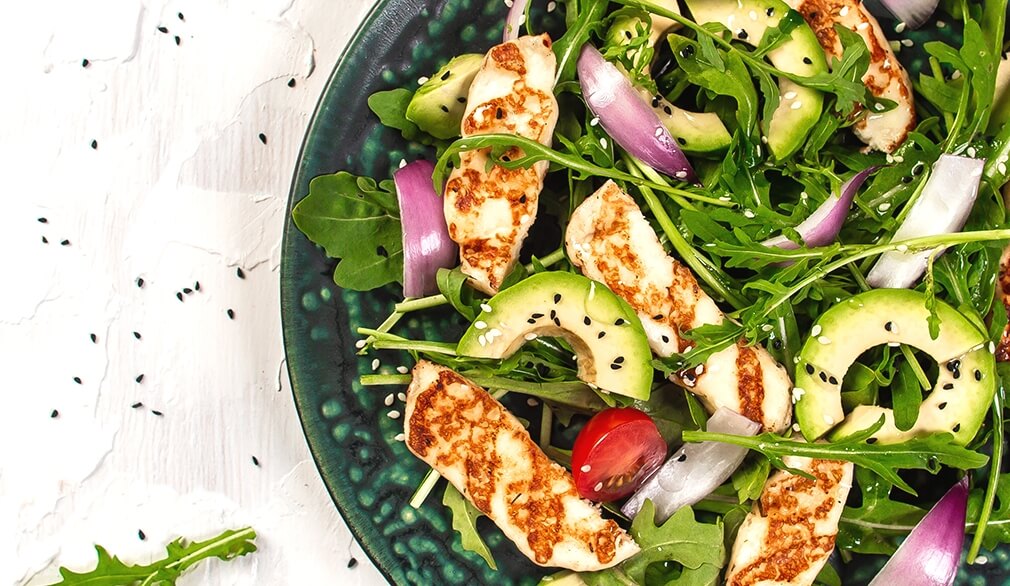
Paleo diet
The paleo diet has increased in popularity over the past few years, and suggests a "hunter-gatherer" style of eating.
Paleo-enthusiasts have proposed the idea that many processed foods which have emerged recently in history are what have led way to chronic diseases like obesity and diabetes. Paleo dieters therefore maintain an animal and plant-based diet. The paleo diet includes meat, natural animal products (eggs, honey, coconut oil, etc.), vegetables, healthy fats, fruits, and nuts or seeds eaten raw. Paleo eaters eliminate all dairy, legumes, oils, and grains.
Read More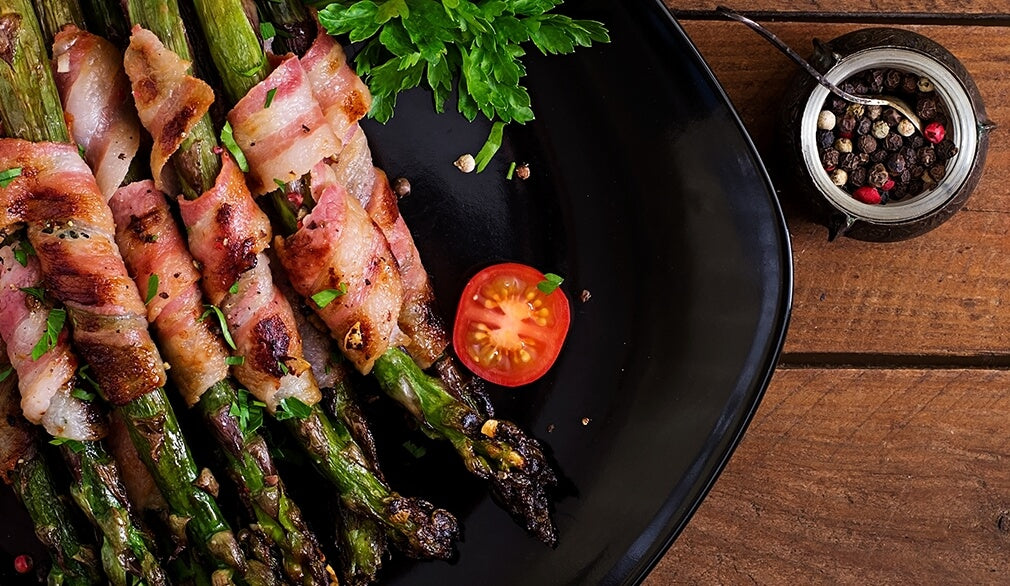
Ketogenic diet
The ketogenic diet has been used for decades as a treatment for epilepsy and is also being explored for other uses.
It involves reducing carbohydrate intake and upping fat intake. It sounds contrary to common sense, but it allows the body to burn fat as a fuel, rather than carbohydrates.
Read More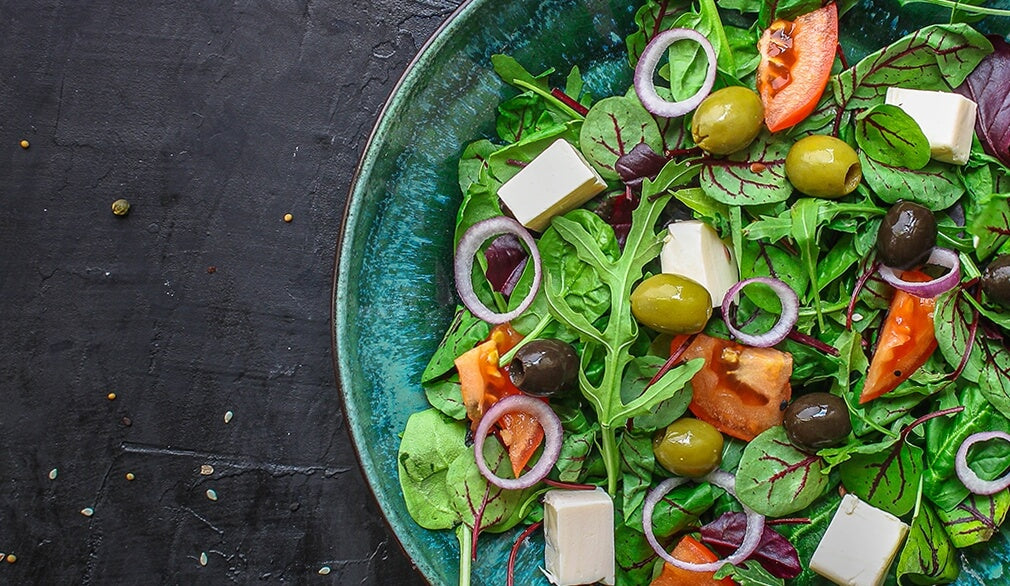
Vegetarian
The term "vegetarian" has been in the dieter's vocabulary for a long time, and has been adapted to many different forms.
Obviously, vegetarians refrain from most meat and animal products. Some vegetarians (called lacto-vegetarians) exclude meat and fish, but allow dairy products. Others may cut out all dairy, but allow fish, and so on. Due to the variety of a vegetarian diet, the positives and negatives may vary from person to person.
Read More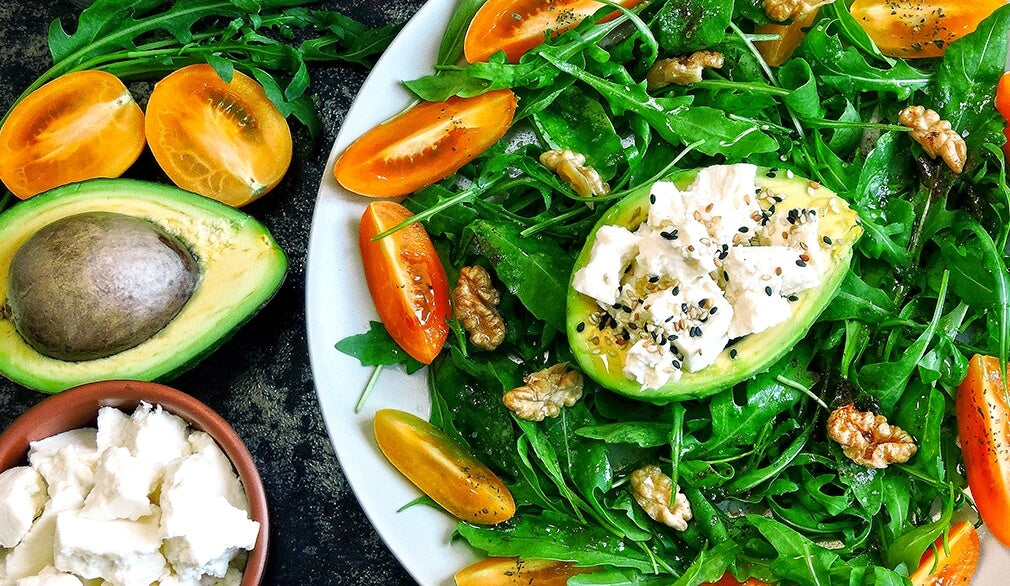
Vegan
Vegans take the approach of vegetarians and push it even further.
In a vegan diet, you will be eliminating ALL animal products. A vegan diet is composed of plant-based, high fiber foods. Examples include all fruits and vegetables, whole grains, nuts, roots, spices, seeds, and legumes.
Read More